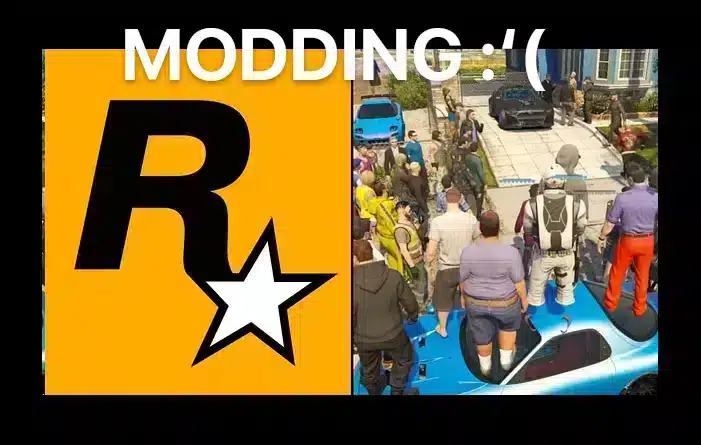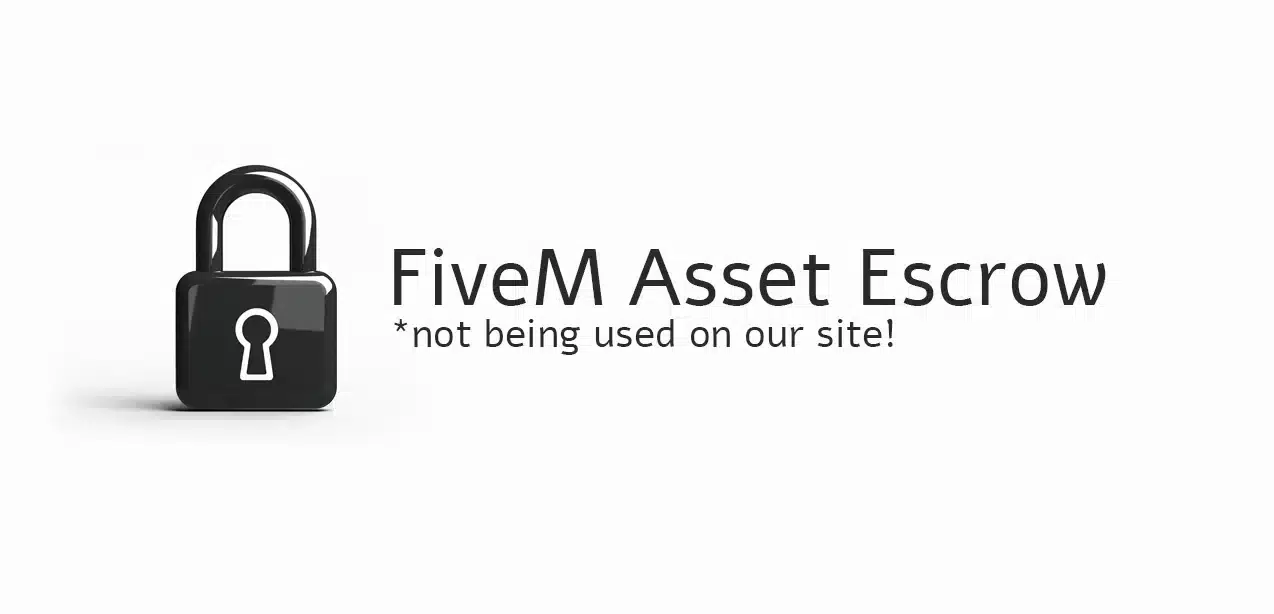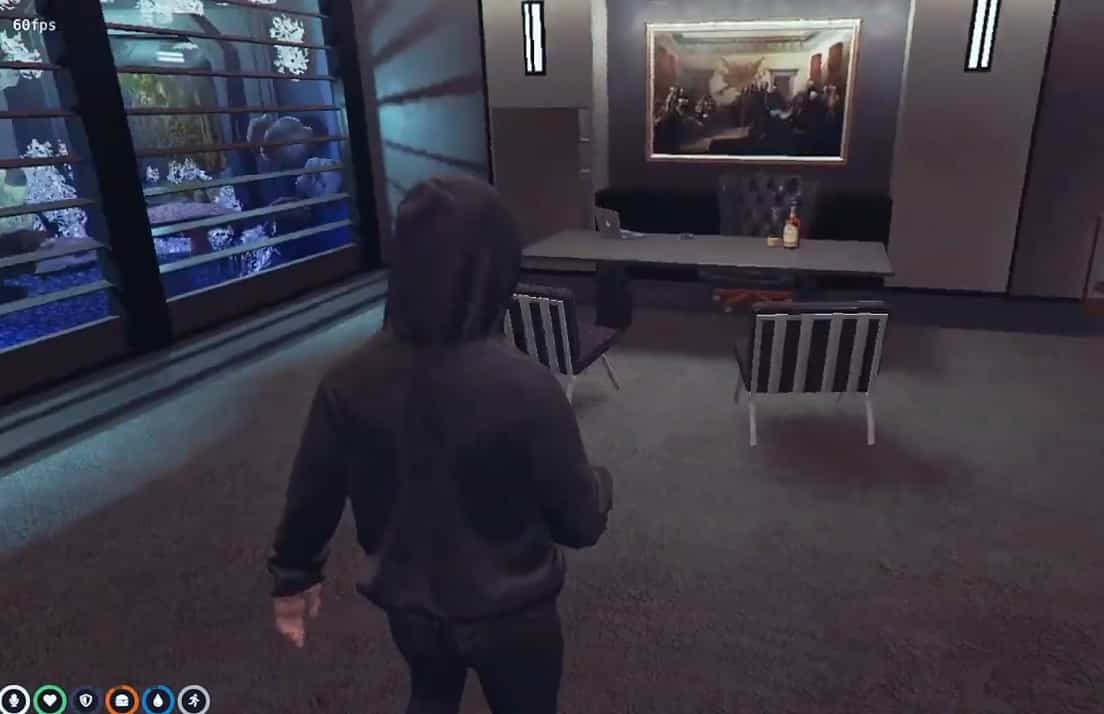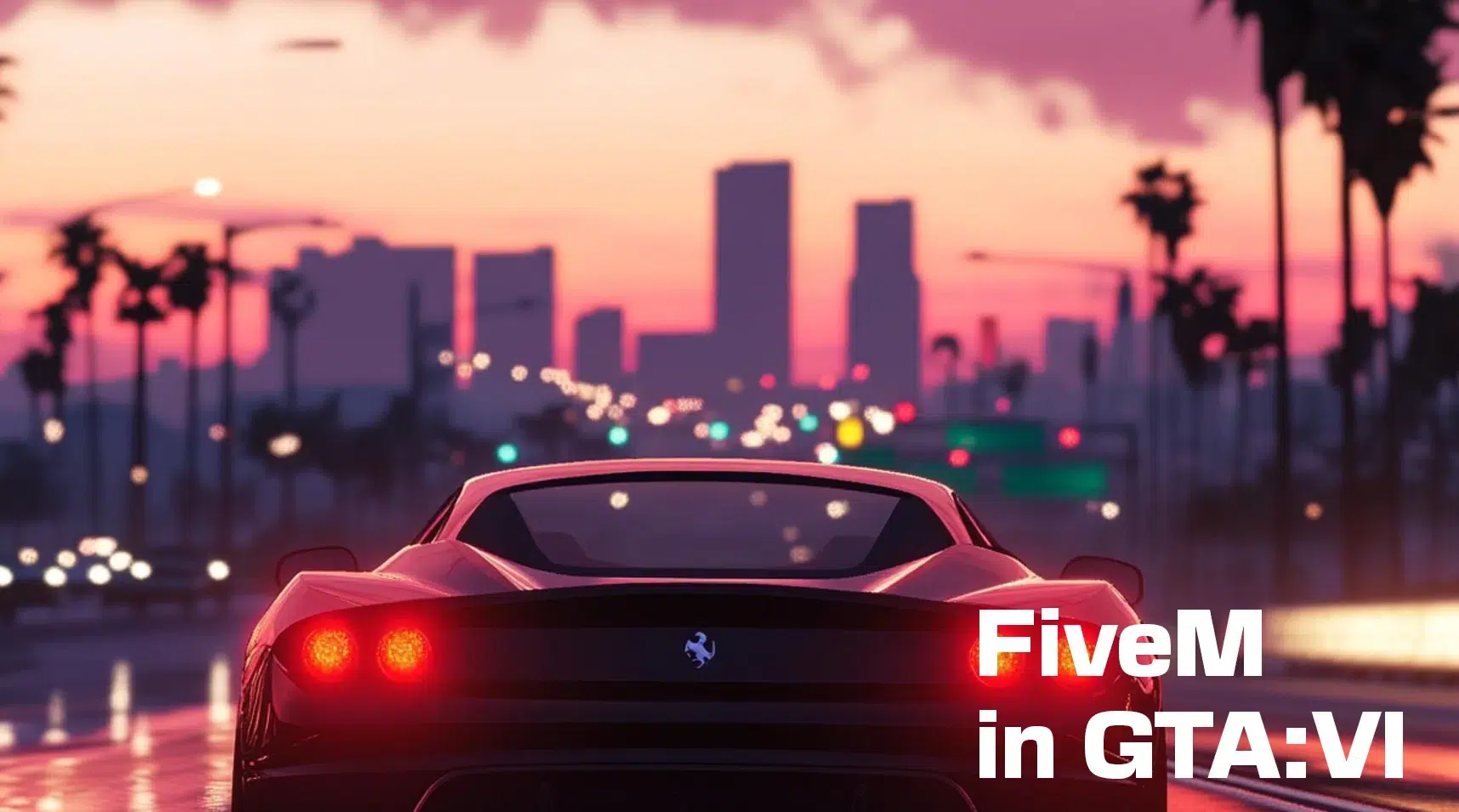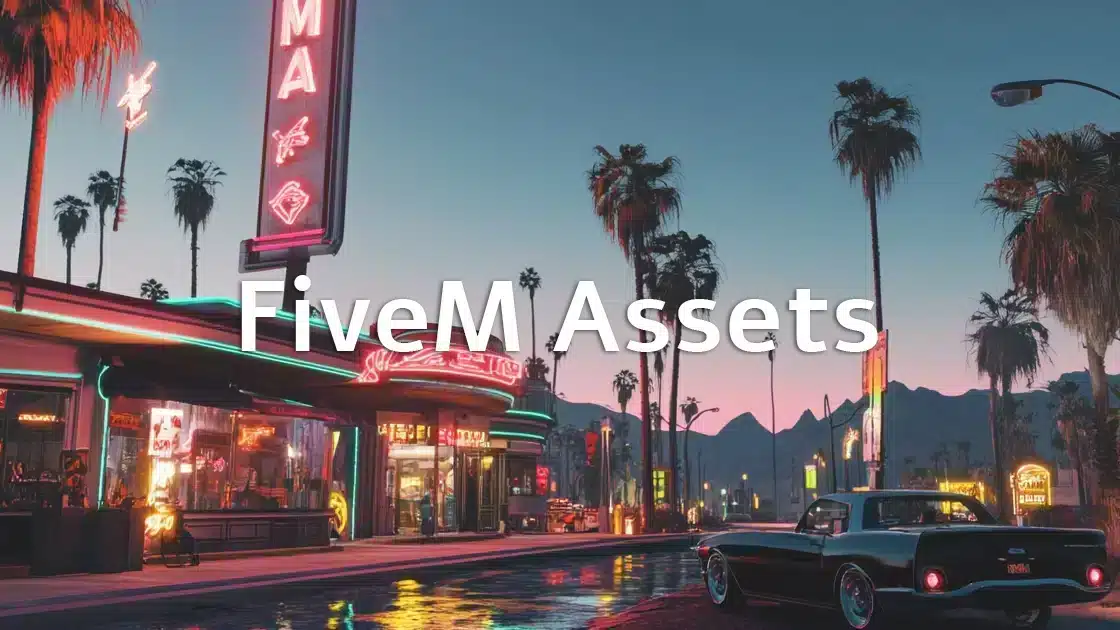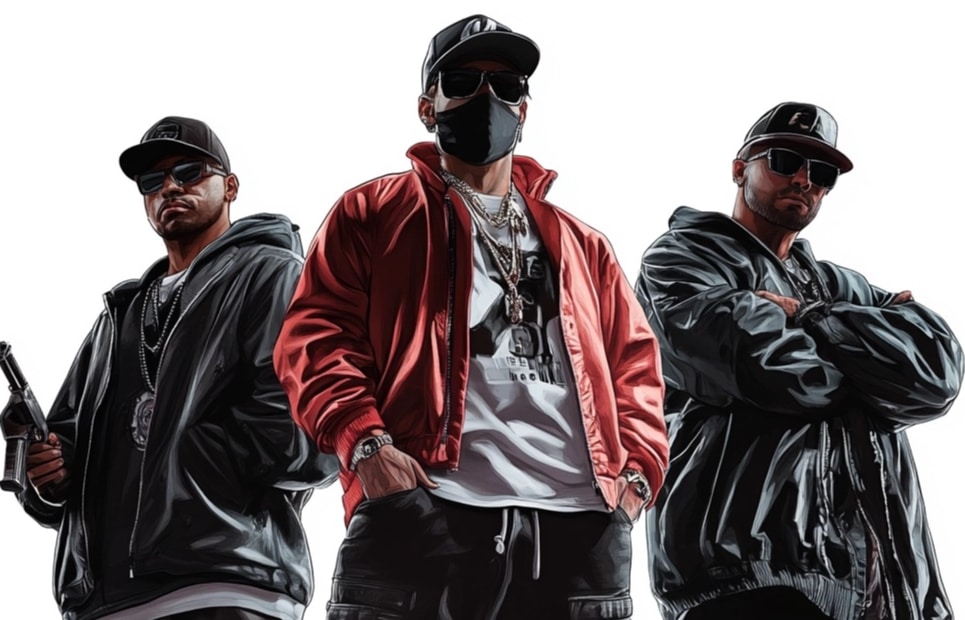The excitement of mods often gets stifled by publishers and developers who aren’t as enthusiastic about the idea of players altering their games. Rockstar Games, the mastermind behind iconic titles like Grand Theft Auto V and Red Dead Redemption, has always exhibited a notorious stance against modding. But why exactly does Rockstar hate Modding so much?
The Origins of a Love-Hate Relationship
Modding has been around for decades, and for many games, it has essentially become a cornerstone of their longevity and community engagement. For instance, classics like Skyrim and Minecraft pride themselves on their vibrant modding communities which have breathed new life into these already expansive universes.
Rockstar’s relationship with modding began much like many other game developers’—with fascination and appreciation. Early iterations of Grand Theft Auto on the PC had communities generating numerous mods from new skins to entirely new game modes. A good example is Vice City, where modders transformed the game into something magical. Despite the burgeoning creativity within these communities, Rockstar began tightening the reins as the popularity of their flagship series grew.
Intellectual Property (IP) and Revenue Streams
One of the primary reasons Rockstar hates modding is the protection of their intellectual property (IP). Rockstar’s games are known for their meticulously crafted worlds, complex narratives, and high production values. These elements are not just products but also integral parts of their brand identity. Allowing unauthorized modifications could dilute the integrity and carefully constructed image of their games.
Moreover, it can potentially impede or compete with Rockstar’s revenue streams. For instance, with the rise of GTA V Online, a highly lucrative platform for Rockstar, any mod that could alter gameplay mechanics or in-game economics outside Rockstar’s regulated environment could pose financial risks. This economic aspect is crucial, especially when modders create mods that resemble or provide alternatives to Rockstar’s official downloadable content (DLC).
Legal Battles and Precedent
Rockstar’s firm stance on modding isn’t just about IP and financial concerns—there are legal intricacies at play. The controversies surrounding mods like Hot Coffee, which unlocked hidden sexual content in GTA 5: San Andreas, spurred lawsuits and damaged Rockstar’s reputation. Such incidents forced Rockstar into a defensive stance where they not only had to weed out problematic mods but also had to actively discourage modding to protect against potential legal fallout.
The Hot Coffee incident highlighted the fine line between benign mods and potentially harmful content. Mods can launch a company into unwanted controversies, resulting in costly legal battles and negative public perception. Defending against these potential pitfalls is likely a key factor driving Rockstar’s anti-modding policies. Take-Two Interactive, Rockstar’s parent company, has been known to issue cease-and-desist orders, further solidifying the ban on certain mods.
Game Integrity and Online Ecosystem
Maintaining the integrity of the game and its online ecosystem is another substantial reason why Rockstar opposes modding. GTA V Online, as an example, relies heavily on a stable and fair online environment for all its players. Mods can introduce unfair advantages, cheats, or exploits that disrupt the gameplay balance and ruin the experience for others.
Rockstar’s commitment to ensuring a fair playing field was evident in their aggressive crackdown on cheat mods in GTA V Online. This not only helped retain the competitive balance but also protected their microtransaction ecosystem. By enforcing strict anti-modding policies, Rockstar can guarantee a consistent and controlled map.
Impact on Community Relations
While Rockstar’s strict policies might foster a secure and balanced gameplay environment, it can also adversely affect their relationship with the community. Many enthusiasts see these mods as a form of creative expression and community building. Rockstar’s crackdowns can be perceived as anti-consumer, sometimes alienating a significant portion of their fanbase.
For instance, the shutdown of popular mods like OpenIV led to community uproar and even informal boycotts. Fans argued that these mods were harmless and only enriched the gaming experience, thereby highlighting the disconnect between Rockstar’s intentions and community expectations.
Finding a Balance
It’s clear that Rockstar navigates a complex landscape where they must balance protecting their IP and financial interests while maintaining community trust. However, this cautious approach often veers into over-protectiveness, fueling the narrative that Rockstar will never win.
Not all game companies share Rockstar’s stringent stance. Bethesda, for instance, endorses modding by providing official tools and platforms that integrate mods safely into their ecosystem. This symbiotic relationship benefits both the developers and the community, extending the lifespan and profitability of their games.
The Future of Rockstar and Modding
Looking ahead, there might be a glimmer of hope for modding enthusiasts within the Rockstar universe. By adopting a more inclusive approach and providing official modding tools and guidelines, Rockstar could foster a healthier relationship with their community while safeguarding their interests. Striking this balance could redefine Rockstar’s image and usher in a new era where creative freedom and corporate interests coexist harmoniously.
Until such a paradigm shift occurs, the tug-of-war between Rockstar and the modding community is likely to persist. The challenge for Rockstar lies in recognizing the untapped potential as a positive force that can drive player engagement and innovation rather than viewing it purely through a lens of risk and loss.
In conclusion, while Rockstar’s contention is multifaceted—stemming from concerns over IP, revenue, legal risks, and game integrity—it’s possible for a middle ground to be achieved. Understanding and embracing the community’s creative spirit could herald a new chapter for Rockstar, where the studio and its fans jointly contribute to the ever-evolving playground of interactive entertainment. After all, it seems unlikely that Rockstar will ever “win the war against modders,” so fostering a creative environment may be their best bet.
Key Takeaways
- Copyright Protection: Rockstar’s meticulous game design could be compromised by unauthorized mods, diluting their IP.
- Revenue Streams: Mods can compete with official DLCs and disrupt in-game economies, posing financial risks for Rockstar.
- Legal Concerns: Past incidents like the Hot Coffee mod resulted in lawsuits, pushing Rockstar to adopt stricter anti-modding policies.
- Game Integrity: Maintaining a fair and balanced online multiplayer experience, especially in GTA V Online, is a priority that mods can disrupt.
- Community Relations: Crackdowns on mods can lead to community backlash, highlighting the need for a balanced approach.
- Looking Forward: Adopting an inclusive approach with official mod-tools could offer a harmonious relationship between Rockstar and their community.
By addressing these key points, Rockstar can engage the community more effectively while protecting its assets and ensuring a fair and enjoyable gaming experience for all its players.
